Opening Minds
Dedication: This one is for Ruben who has his hands
around my heart and for the adorable Maya who
gave me such good help with the activities.
Opening Minds
A Parents Guide to Teaching for Thinking at Home
Selma Wassermann
ROWMAN & LITTLEFIELD
Lanham Boulder New York London
Published by Rowman & Littlefield
An imprint of The Rowman & Littlefield Publishing Group, Inc.
4501 Forbes Boulevard, Suite 200, Lanham, Maryland 20706
www.rowman.com
6 Tinworth Street, London SE11 5AL, United Kingdom
Copyright 2021 by Selma Wassermann
All rights reserved . No part of this book may be reproduced in any form or by any electronic or mechanical means, including information storage and retrieval systems, without written permission from the publisher, except by a reviewer who may quote passages in a review.
British Library Cataloguing in Publication Information Available
Library of Congress Cataloging-in-Publication Data
Library of Congress Control Number: 2020951169
ISBN 978-1-4758-5953-9 (cloth : alk. paper)
ISBN 978-1-4758-5954-6 (electronic)
 The paper used in this publication meets the minimum requirements of American National Standard for Information SciencesPermanence of Paper for Printed Library Materials, ANSI/NISO Z39.48-1992.
The paper used in this publication meets the minimum requirements of American National Standard for Information SciencesPermanence of Paper for Printed Library Materials, ANSI/NISO Z39.48-1992.
Contents
The idea for this book came during one of the darkest periods of our modern times. The COVID-19 pandemic that has taken many lives and caused intolerable suffering all over the world sent people into self-quarantine, shuttered nonessential stores, shops and offices, closed recreational facilities, schools, and libraries, tanking our formerly robust economy into a new recession. Small business collapsed, and large ones went bankrupt or ran billion-dollar deficits. Understandably people became more than anxious, not only about becoming ill, but about where we would all be when the worst of the spread of the disease was over.
We lived in self-imposed isolation in order to prevent the disease from further spreading. Face masks became mandatory in certain venues. Families who were accustomed to frequent social gatherings, now connected virtually with ZOOM, a far cry from feeling the embrace of our loved ones. Many parents became their childrens teachers when schools were forced to close. At many colleges and universities, distance learning replaced lecture halls and seminars.
Watching from the window of the study where I write, I saw signs in windows of neighbors encouraging people to hang in because we are in it together. Keeping two meters apart on park walks, I saw people maintaining that distance and cheerfully giving a V sign as acknowledgment of their thoughtfulness. I saw people in face masks in the market, waiting without complaint for their turn to enter, so that the store never became so overcrowded that it would be impossible to keep apart.
Yet, reading stories about other places, other venues, and other communities, I found that groups were banding together to voice protests against the restrictions that were put in place to protect us. Their arguments about the infringement of their civil liberties sounded mean-spirited; does liberty mean being free to spread infection? Drive-by protestors mocked and vilified people they saw in face maskssuggesting that the restrictions were a sign of some nefarious plot.
Upon reflection there seemed to be a huge disconnect between those people who were able to use the data to inform themselves about the intelligent actions we could take to move out of the dark period and those who were on the other side of the dividethose who ignored the data, who eschewed science, whose voices were loud in their unreasonable and unreasoned complaints and assertions, without the slightest nod to the data that should have informed their actions.
Those of us in the know understand and believe that good science informs us; that good data allow us to make better choices and intelligent thinking gives us the edge in our problem-solving capabilities. Those who live on the dark side, who protest without due cause, who see evidence of malice behind efforts to help and protect, seem to be lacking in some essential tools of rational mindedness. As far as being critical thinkers they seem to have been left far behind.
That awareness set in motion the burgeoning of ideas for this new book.
For if schools were to continue to be closed, or in some major way reduced in what they could reasonably offer children in the time to come, could parents become teacher-surrogates in implementing the very essential work of continuing to open childrens minds so that they became more thoughtful, more rational in their choices, and more likely to use data to inform their actions? Would parents be sufficiently skilled to do this more sophisticated kind of teaching?
These are, of course, stilly questions because there is no doubt that parents are a childs first and ever-present teachers. From parents we learn not only to sing our ABCs, but also to number and to rhyme and to appreciate literature from the stories we are read to every night at bedtime. From parents we learn certain behaviors that make us more human, for example, to play fair, to share, to not hit our brother when he is bugging us, to clean up our room, to wash our hands before eating, and of course, to put the lid down on the toilet and flush. From parents we learn our valuesand they guide our behaviors even before we understand the reasons for them.
Parents have been and continue to be our best teachers. Given that, it is not too far a reach to offer parents materials, resources, and the suggestions for the how-to that would enable and enhance childrens intelligent habits of thinking, providing them with the cognitive equipment that would empower them to face any new situation, in classrooms, on the schoolyard, in the playground, at home, and in life.
It has been my joy, as a teacher, to have been able to share, with parents, their wishes, hopes, dreams, anxieties, and expectations for their children. Many of them have aided and abetted the work I did in classrooms, for the ultimate good of the children. I remember them with affection and regard and know, in my heart, that what I am offering here is not beyond their expertise or their ability. It is to that end that the ideas and activities in the following pages are presented, humbly, and with the sense that we teachers and parents are in a partnership to benefit the children in our charge.
Eddie M. was one of a group of students who were invited to talk to preservice teachers about his sixth-grade experiences as part of a teaching for thinking field research, and how that work benefited him as he embarked on his junior high school year. When asked by one of the adults how he managed the more rigorous demands of Grade 7 work as compared to the more open classroom experiences in Grade 6, he responded, without missing a beat: Were such independent thinkers and problem solvers, we can handle any new situation.
Learning to think intelligently, like learning to derive meaning from the written word, requires experience and practice. Parents who want their children to become fluent in reading provide, in after-school hours, many opportunities for children to be read to, to go to the library, and to find books that they love. Moreover, these parents spend time with children in ways that further their reading skills, like teaching the letters of the alphabet, identifying rhyming words, and discussing parts of books that have particular appeal.

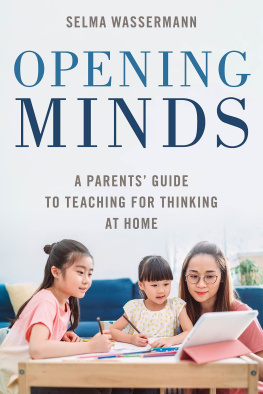
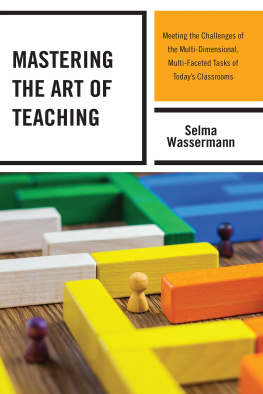

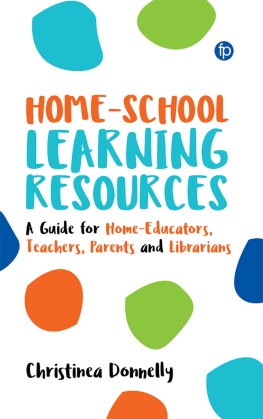
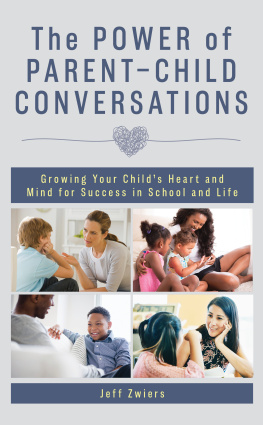
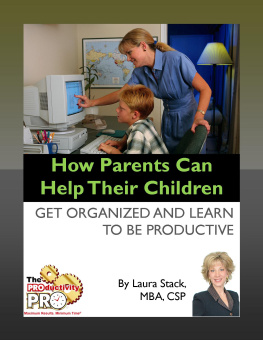
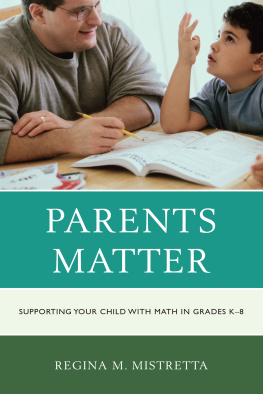
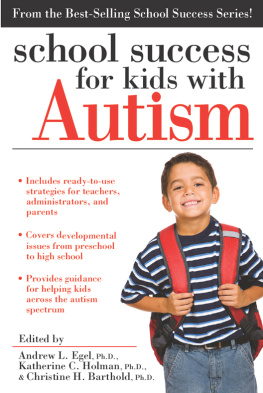
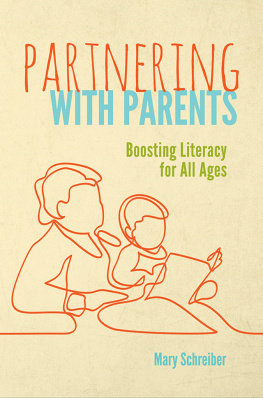

 The paper used in this publication meets the minimum requirements of American National Standard for Information SciencesPermanence of Paper for Printed Library Materials, ANSI/NISO Z39.48-1992.
The paper used in this publication meets the minimum requirements of American National Standard for Information SciencesPermanence of Paper for Printed Library Materials, ANSI/NISO Z39.48-1992.